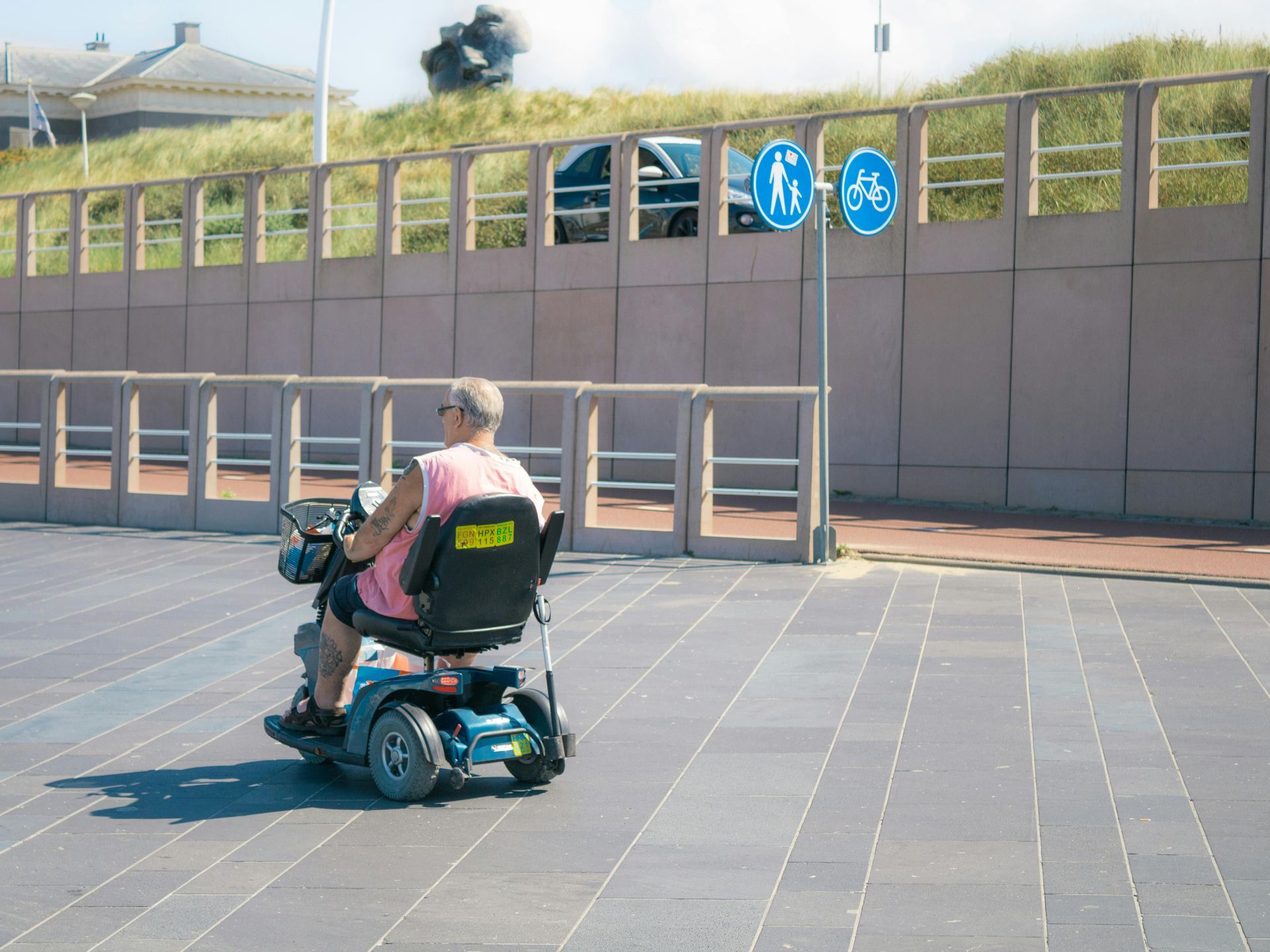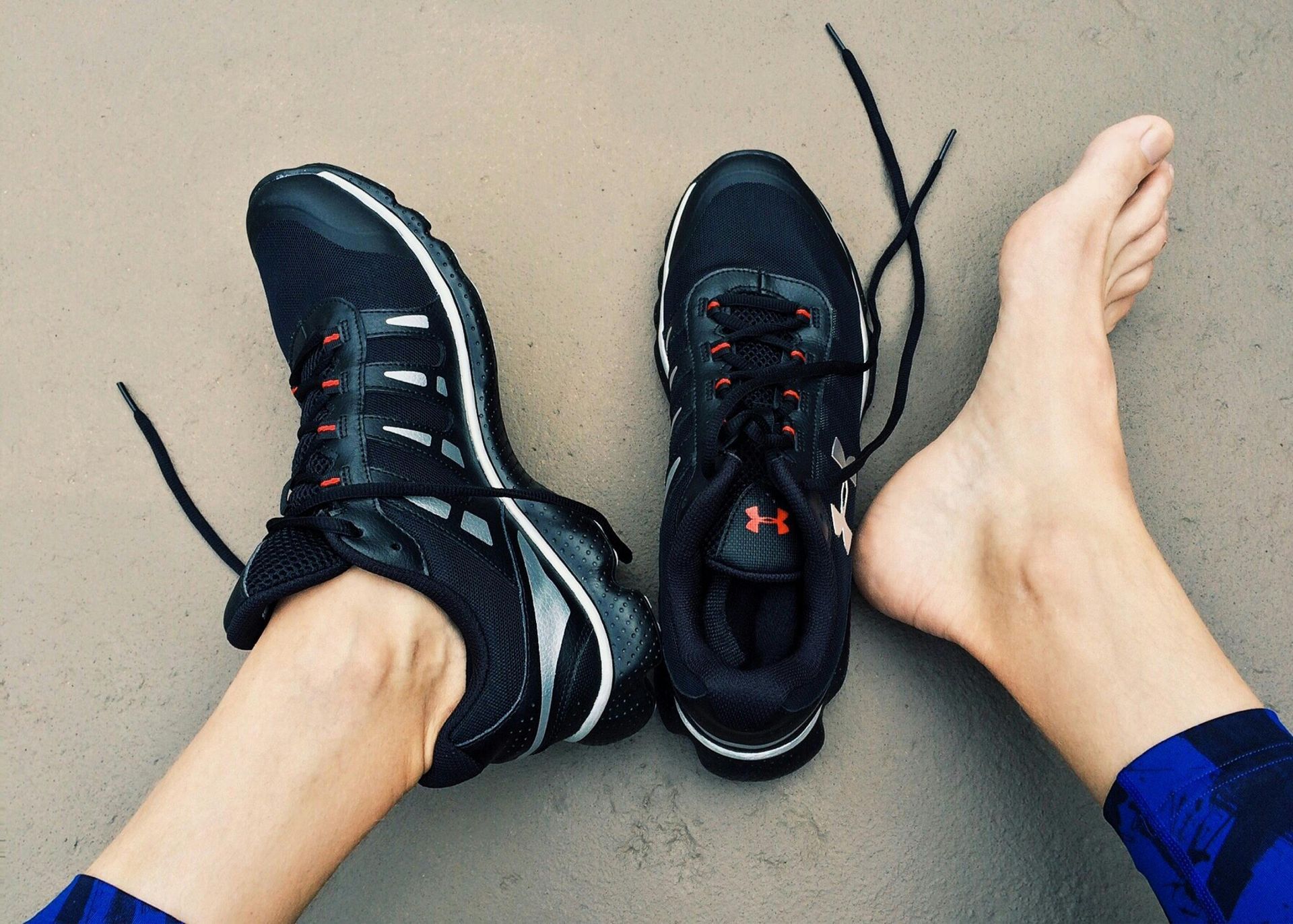How Fit Do You Need to Be for Hiking in Madeira?
March 2025
Madeira is a dream destination for hikers, with its lush mountains, volcanic landscapes, rugged coastal cliffs, and famous levadas (irrigation channels that double as trails). But with its dramatic terrain and elevation changes, Madeira’s hikes range from easy strolls to challenging climbs. Here’s what to know about fitness levels and conditioning to safely and enjoyably hike Madeira’s varied trails.
1. Understanding Madeira’s Trail Types
Madeira offers a broad range of trails that suit different fitness levels. Hikes here are typically categorized by difficulty, with routes ranging from relatively flat walks along levadas to steep, mountainous treks with significant elevation changes. Here’s a breakdown of the types of trails you’ll encounter:
● Levada Walks: These follow water channels, often along relatively flat or gently undulating paths. Many of these are suitable for beginners or intermediate hikers.
● Mountain and Ridge Trails: These trails, such as the famous Pico do Arieiro to Pico Ruivo, involve steep climbs, descents, and narrow ridges. They’re challenging, with substantial elevation changes, and are best suited for fit and experienced hikers.
● Coastal Hikes: Trails along Madeira’s coast vary in difficulty, but many have steep sections and uneven terrain. Be prepared for rugged paths and some rock scrambling.
2. Fitness Requirements for Easy-to-Moderate Hikes
Example Hikes: Levada dos Balcões, Vereda dos Balcões, Levada do Caldeirão Verde.
For less strenuous levada and beginner-friendly hikes, a moderate level of fitness is usually enough. You should be comfortable walking for 3–5 hours on uneven terrain and have the stamina to handle minor elevation gains and descents. Conditioning exercises to prepare include:
● Brisk Walking or Light Jogging: Aim for 3-4 times a week to build up endurance.
● Strengthening Leg Muscles: Squats and lunges will help prepare for the uneven terrain.
● Core Strength: Core exercises will improve your balance and stability, which are essential for safe hiking on uneven paths.
While beginner-friendly, some levada trails can still feel tiring due to the extended walking time. Pace yourself, take regular breaks, and stay hydrated.
3. Fitness for Challenging Hikes
Example Hikes: Pico do Arieiro to Pico Ruivo, Vereda da Ponta de São Lourenço, Encumeada to Boca da Corrida.
For more challenging hikes, like ridge trails or steep mountain climbs, a high level of cardiovascular fitness and muscular endurance is essential. These hikes often involve long ascents, descents, and narrow paths along cliffs, requiring stability and endurance.
To prepare, focus on:
● Cardiovascular Endurance: Aim for at least 30–45 minutes of cardio exercise, such as running, biking, or rowing, 3–4 times per week.
● Leg Strength: Incorporate exercises such as lunges, squats, and step-ups to build the muscle endurance needed for continuous climbing.
● Balance and Agility: Practice balancing exercises, like single-leg stands and stability ball exercises, to improve control on narrow or rocky trails.
● Hiking-Specific Practice: Try to do some training hikes on rugged terrain if possible. If you can’t hike, stair climbing is a great alternative for building stamina and strength for steep ascents and descents.
These trails often require 4–8 hours of continuous hiking. Along with physical fitness, a steady pace, mental focus, and knowing your limits will ensure a safer hike.
4. Safety and Conditioning Tips for All Fitness Levels
Regardless of fitness level, Madeira’s trails can be unpredictable. Here are some general tips to consider:
● Acclimate to the Elevation: If possible, start with easier hikes and gradually progress to the more challenging ones as your body adapts to the elevation changes.
● Stay Hydrated: The terrain and climate can make hikes physically demanding. Carry enough water and consider using a hydration pack for easier access.
● Footwear and Equipment: Wear sturdy hiking boots with good grip, as trails can be rocky and slippery.
● Rest and Recovery: Allow time to rest between strenuous hikes. Madeira has plenty of moderate hikes that allow you to still explore without pushing your limits.
● Check Weather Conditions: Madeira’s weather can change quickly, and some trails can be hazardous in wet or foggy conditions. Always check the forecast and be prepared to adjust plans.
Final Thoughts
Madeira’s trails are some of the most beautiful in the world but vary greatly in difficulty. A moderate fitness level is sufficient for easy levada hikes, but challenging trails require strength, balance, and endurance. With the right conditioning and preparation, you’ll be able to fully enjoy the island’s natural wonders and tackle trails that match your fitness level.
book a session with Physiotherapy Madeira
All Rights Reserved | Physiotherapy Madeira




